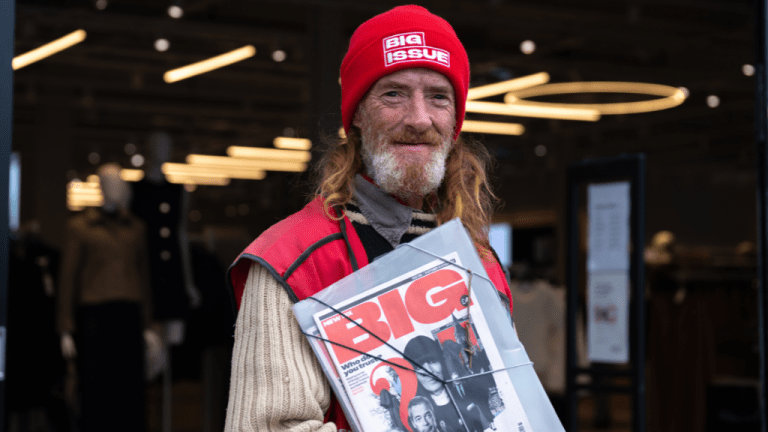Let’s start with a few horrifying statistics. More than 70% of women in the UK say they’ve experienced sexual harassment in public spaces and over 95% of women aren’t reporting it because they don’t believe it will change anything.
One in 12 women in England and Wales have experienced stalking, harassment, sexual assault or domestic violence. In the UK, a woman is killed by a man every three days.
These numbers are harrowing but perhaps not surprising. Almost every woman knows what it’s like to walk home with their keys between their fingers, phone in hand, glancing behind every 10 seconds.
- One in five Brits say they’ve sofa surfed amid record levels of homelessness heading into Christmas
- ‘There was no way out’: Survivors of domestic abuse forced to stay with abusers or face destitution
While harassment and gendered violence can be experienced by all, Black and Brown women, LGBTQ+ people, refugee and disabled women all face disproportionate levels of gendered violence. The fear that women feel in public places has become so common that many of us consider it a fact of life.
When you don’t feel safe – whether it’s on your journey home, at your place of work or in a public space – your movements are restricted. Your life gets smaller. More than this, our fear is grounded in the knowledge that harassment can precede assault or even murder.
We need urgent action. Building on our Safe Spaces Now campaign, UN Women UK has launched Right to Move, a national behavioural change campaign that aims to empower us all, especially men, to help women feel safer in public spaces, particularly as the days get darker and the nights get longer.









